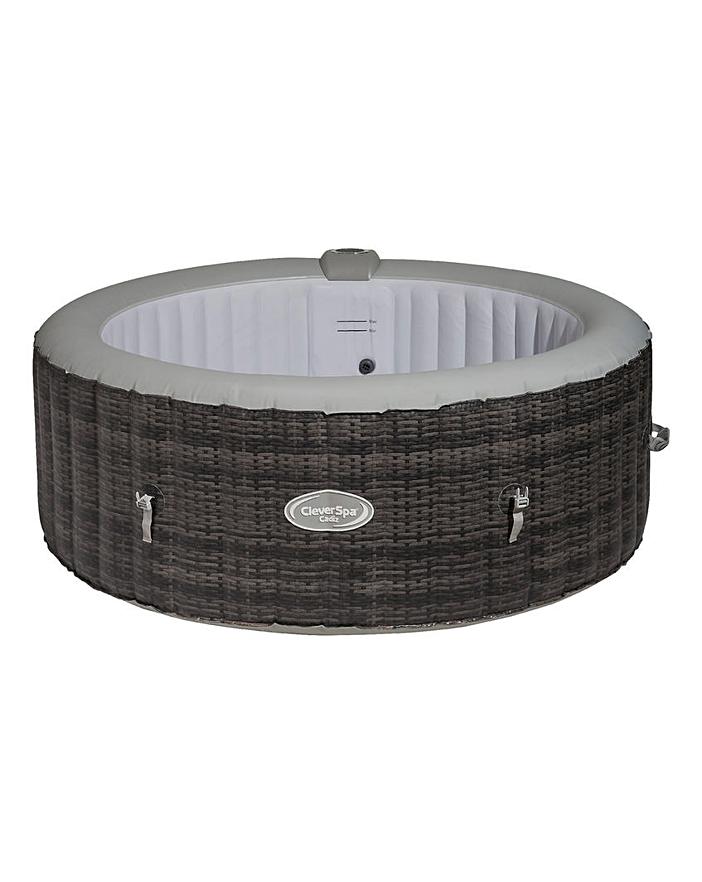Labcorp Pixel COVID-19 PCR Test Home Collection Kit
The Pixel by Labcorp™ COVID-19 Home Collection Kit is from the lab trusted by doctors and millions of people for COVID-19 testing.
The Pixel by Labcorp™ COVID-19 Home Collection Kit is from the lab trusted by doctors and millions of people for COVID-19 testing. Collect your sample at home with a short nasal swab and ship it to Labcorp with the pre-paid return pack. The RT-PCR test detects the presence or absence of SARS-CoV-2, the virus that causes COVID-19. On average, results are received in 1-2 days from when your sample is received at the lab.
If your COVID-19 test result is “Detected” (positive), you will be contacted by phone and have the option to set up a free consultation with a clinician to discuss questions and next steps. There are no additional fees after purchase.
Made in the United States.
After you purchase a kit, create your account on the Pixel by Labcorp website. Follow the enclosed instructions to register your kit and collect your sample. Sample collection is easy and painless with a short nasal swab. Use the included FedEx overnight shipping envelope to return your sample to a Labcorp laboratory. You will receive an email when your results are ready and can be accessed through your Pixel by Labcorp account. ©Pixel by Labcorp
Additional information
| Shipping Weight (in lbs) | 0.4 |
|---|---|
| Product in inches (LxWxH) | 4.96x 0.4x 1.31 |






by Rex
So happy that you had this very necessary product, and everyone was so helpful.